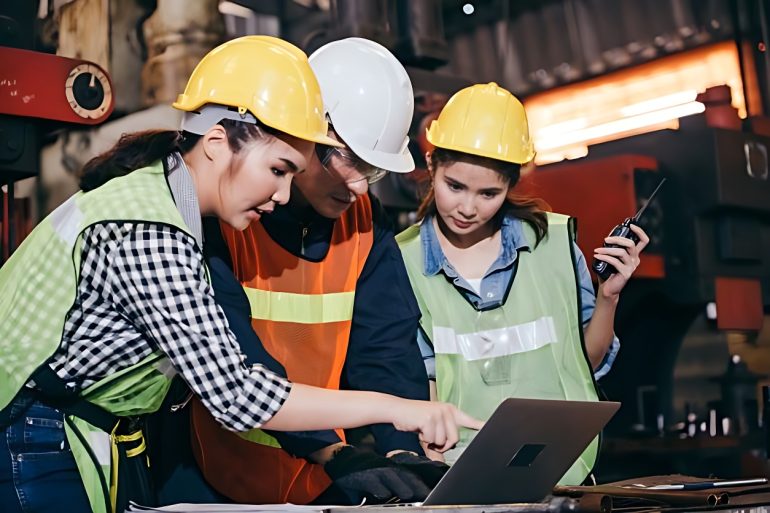The World Bank Group (WBG) Executive Board has approved US$150 million in financing for Paraguay. This funding aims to improve the business environment, increase private investment, and stimulate job creation.
“This operation highlights our strong partnership with Paraguay and our shared commitment to unlocking its economic potential through private sector growth,” said Marianne Fay, World Bank Division Director for the Southern Cone. “By strengthening the business environment, we are helping to build a more resilient economy, create more and better jobs, and lay the foundation for inclusive growth, and better living conditions for all Paraguayans.”
Supporting Paraguayan businesses
This financing will support crucial reforms to help micro, small, and medium-sized enterprises (MSMEs) overcome key challenges. It will also strengthen the enforcement of competition laws and enhance Paraguay’s capacity to attract domestic and foreign investment, particularly in infrastructure and sustainable investments.
The programme, according to WBG is expected to improve the business environment, increase private sector investment, and promote sustained private sector-led growth, ultimately contributing to the creation of more and better jobs nationwide.
Two pillars of development
The World Bank Development Policy Loan (DPL) is structured around two key pillars. Pillar 1 focuses on fostering a better business environment by implementing reforms to reduce barriers to entry and business growth. Pillar 2 aims to increase private investment by promoting the development of public-private partnerships, which are essential for supporting long-term development.
The operation is a variable-margin loan with a term of 17.5 years, including a 3-year grace period. Earlier this year, the World Bank announced to make approximately US$2 billion available to the Paraguayan private sector.
What is the World Bank?
The World Bank is an international financial institution that provides loans and grants to the governments of low- and middle-income countries to support economic development and reduce poverty. Established in 1944 as part of the Bretton Woods Agreement, it comprises two main institutions: the International Bank for Reconstruction and Development (IBRD) and the International Development Association (IDA).
Headquartered in Washington, D.C., the World Bank funds projects in areas such as infrastructure, health, education, and agriculture, aiming to promote sustainable growth and improve living standards.


